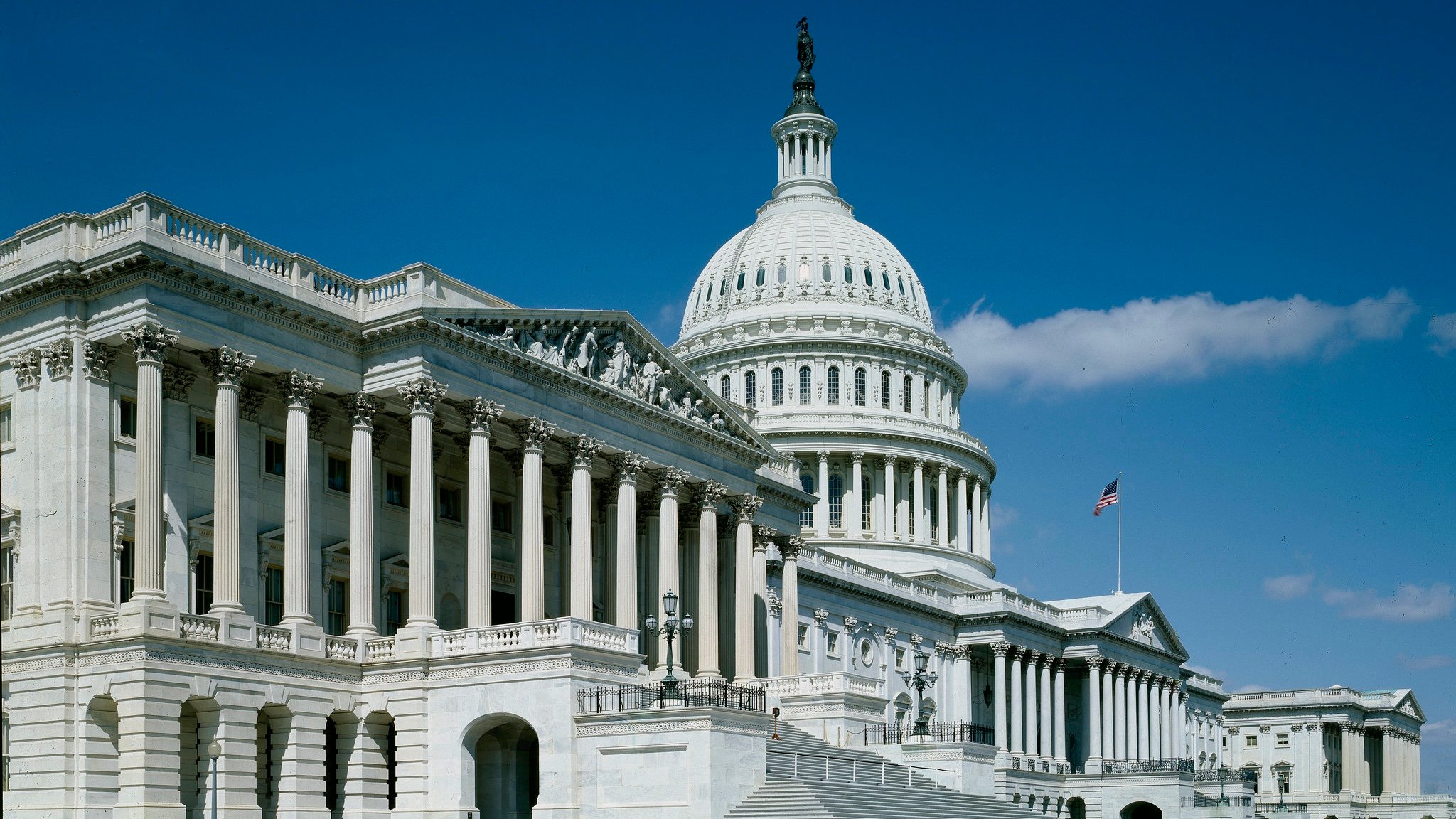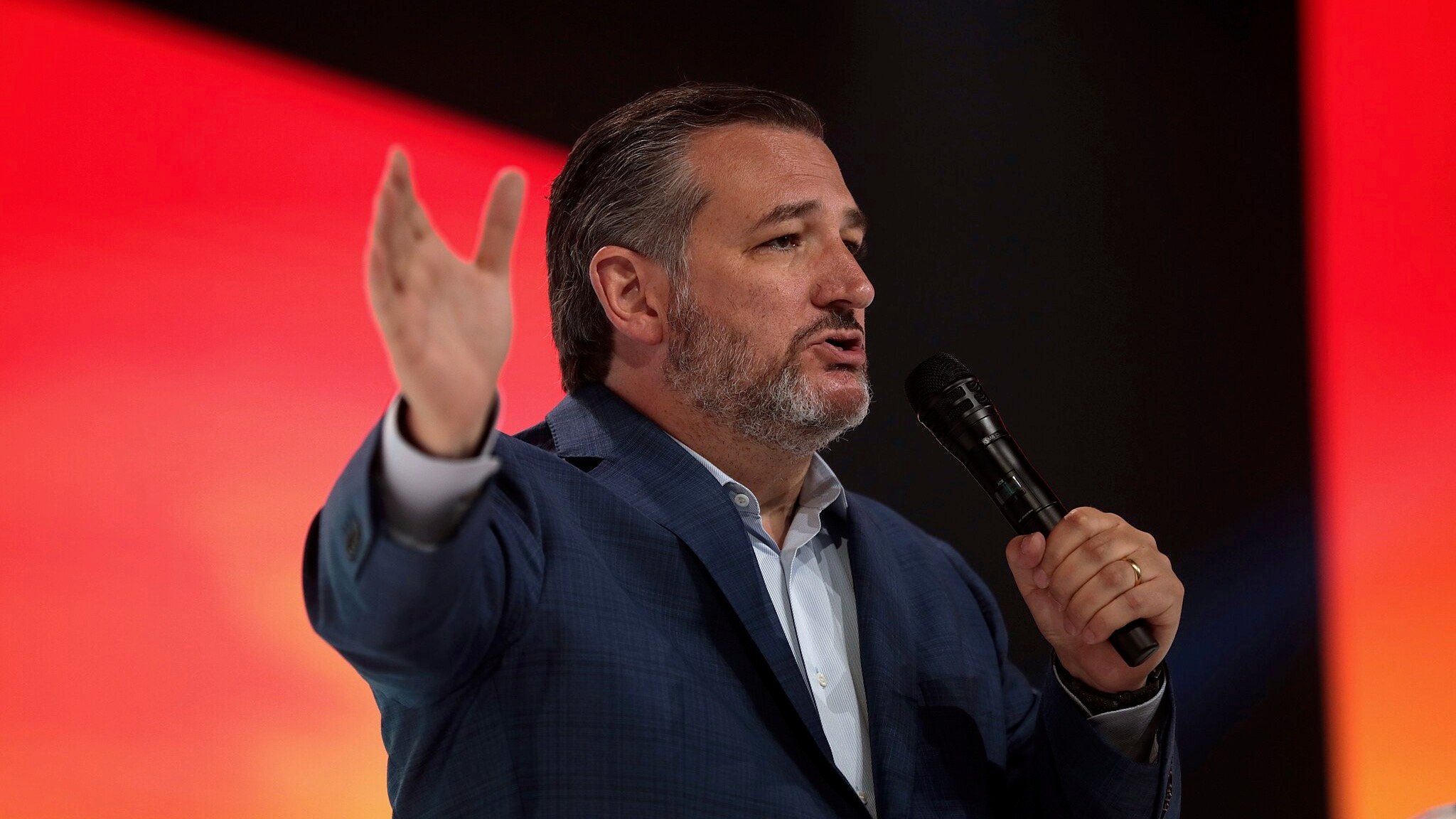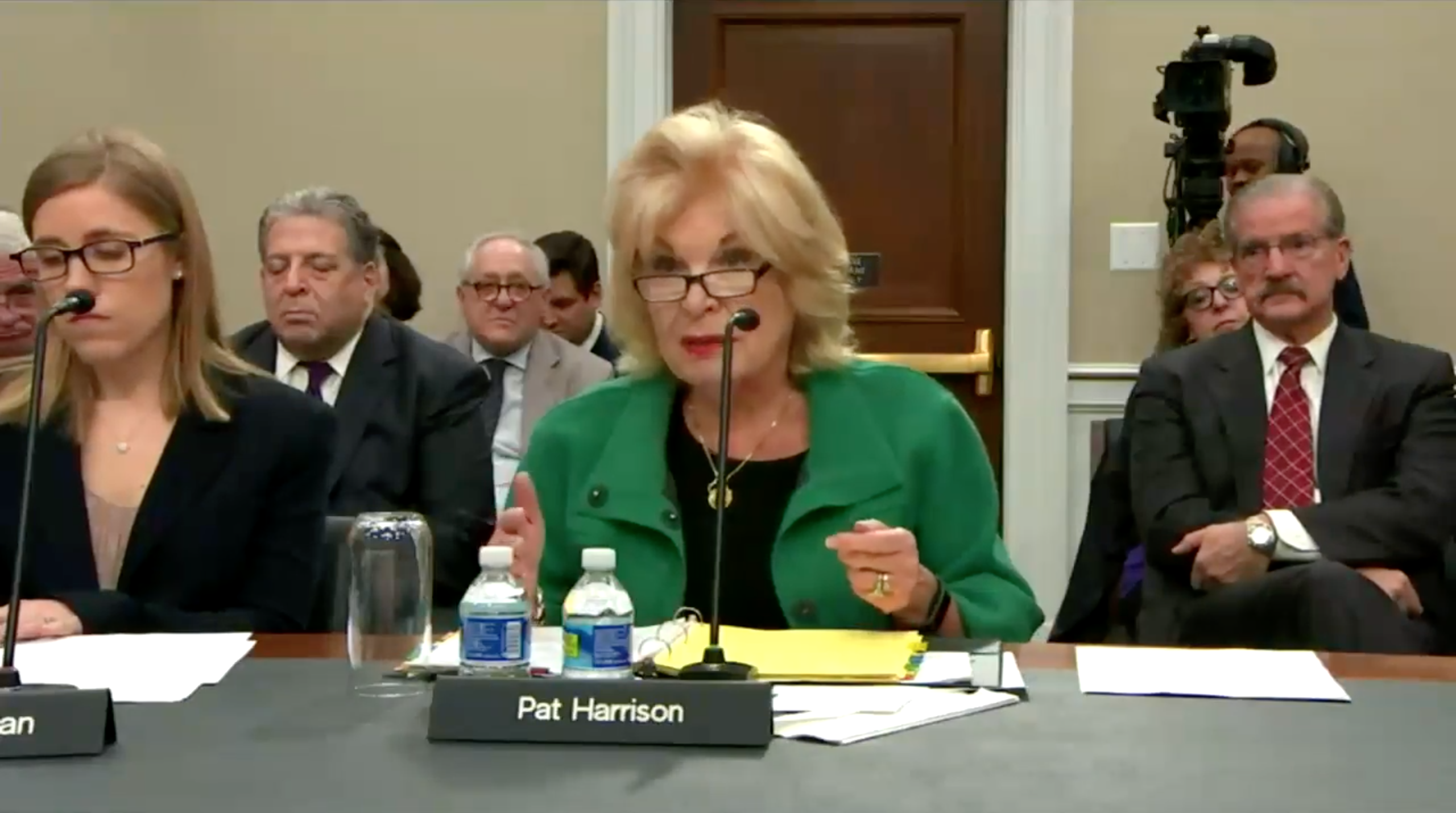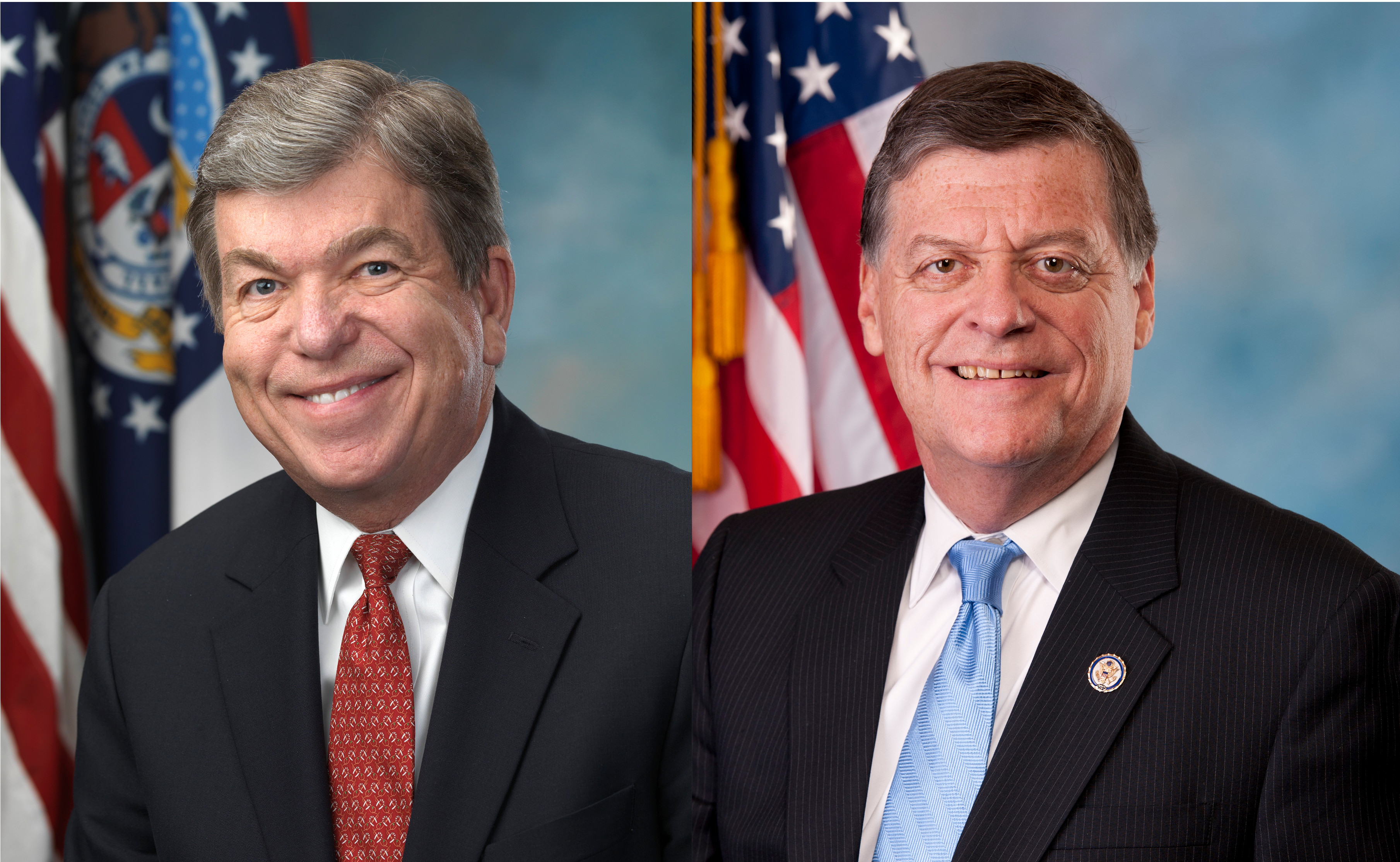Tag: Congress
Public media leaders look to Senate to preserve CPB funding
“We urge the Senate to affirm the very real support for public media across the nation, and to reject rescission,” said NPR ...House passes bill rescinding CPB funds
Lawmakers voted 214-212 to approve the $9.4 billion rescission package, which includes funds for CPB and foreign aid programs.Members of Congress push back on proposed CPB rescission
“It is our responsibility to protect the lifeline public media plays in the day-to-day lives of our constituents,” wrote co-chairs of the ...CPB defunding and reauthorization are scary. We should talk about them anyway.
It's time to get over the Beetlejuice effect — we need to drag the monster out from under the bed, look it ...Ted Cruz questions NPR about foundation funding in letter to CEO
“What precautions does NPR take, if any, to ensure that financial contributions from its donors do not impact its editorial decisions?” Cruz ...CPB CEO responds to questions from Ted Cruz about NPR funding
Cruz had written to CPB's CEO to “express deep concern" about what he called NPR's "departure from its stated mission.”House hearing on NPR bias brings criticism from Republicans, but praise for local stations
Rep. Cathy McMorris Rodgers said the committee will "investigate the allegations against NPR and take appropriate action based upon what we find." ...NPR CEO won’t attend House hearing on allegations of bias
A meeting of NPR’s board of directors, Maher's first since joining the network, was scheduled for Wednesday more than a year ahead ...CPB responds to new inquiry from Ted Cruz about board meeting audio
CPB CEO Patricia Harrison said that a CPB technician mistakenly “clicked the wrong setting” when he was adjusting settings on the corporation’s ...Bipartisan co-chairs to lead House Public Broadcasting Caucus
“The bipartisan nature of this leadership team reflects the bipartisan nature of public support for federal funding of public broadcasting,” said APTS ...Watch CPB’s CEO testify before Congress
Pat Harrison visited the Hill to explain why public media deserves federal support.How key committee members in Congress have voted on pubmedia funding
Past votes may indicate how legislators weighing in on CPB’s appropriation will address the White House’s proposed end to federal funding.As power shifts in Washington, pubcasting has allies in key posts
Three powerful congressional chairmen who support public broadcasting will continue in their key roles in both the House and Senate.Station leaders share their pitches for members of Congress
Attendees at the APTS Public Media Summit gave a preview of their talking points.Congressman proposes more cash for spectrum repack after auction
The bill also would allow the FCC to give stations extensions past the 39-month repacking deadline.















